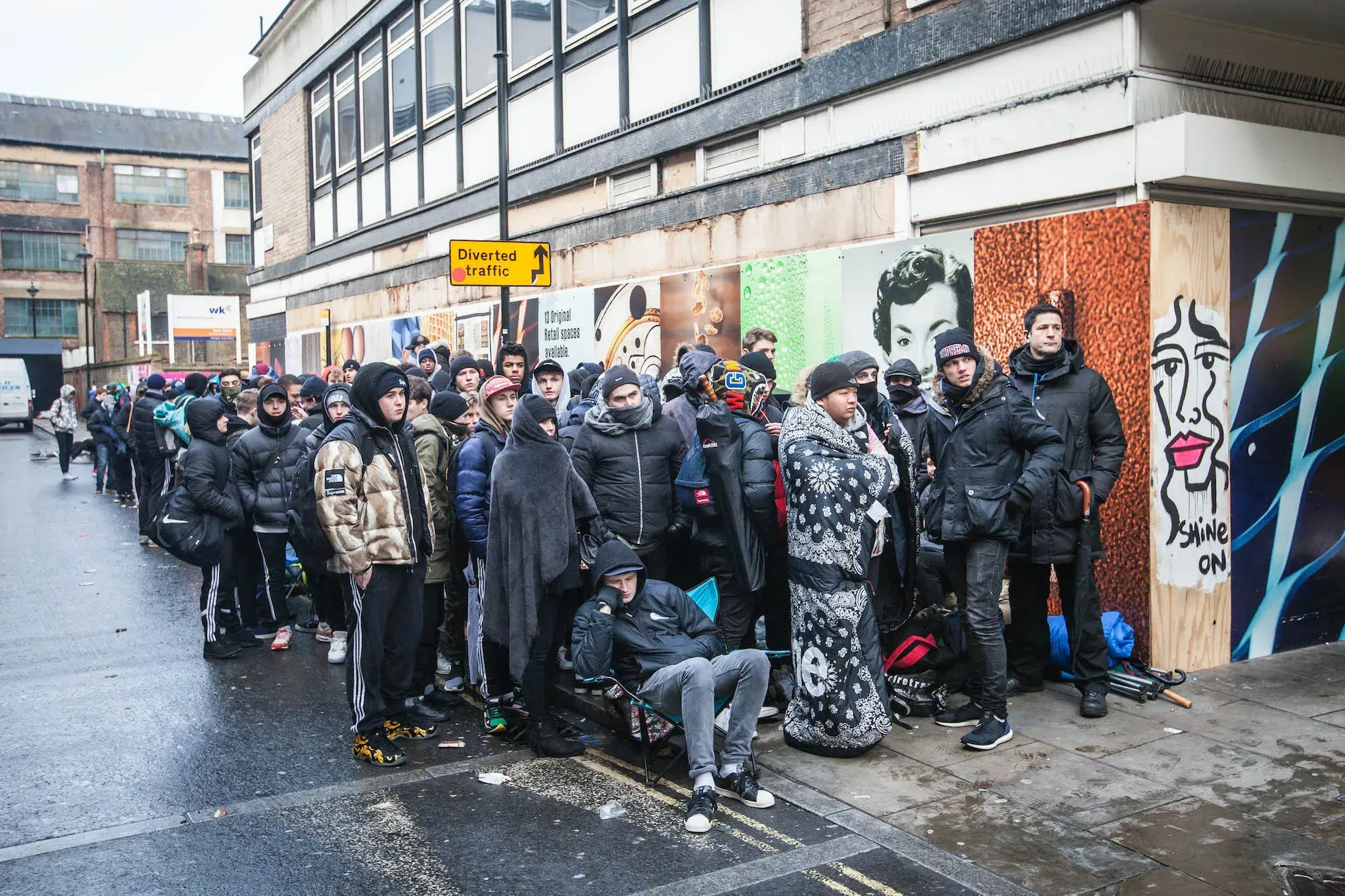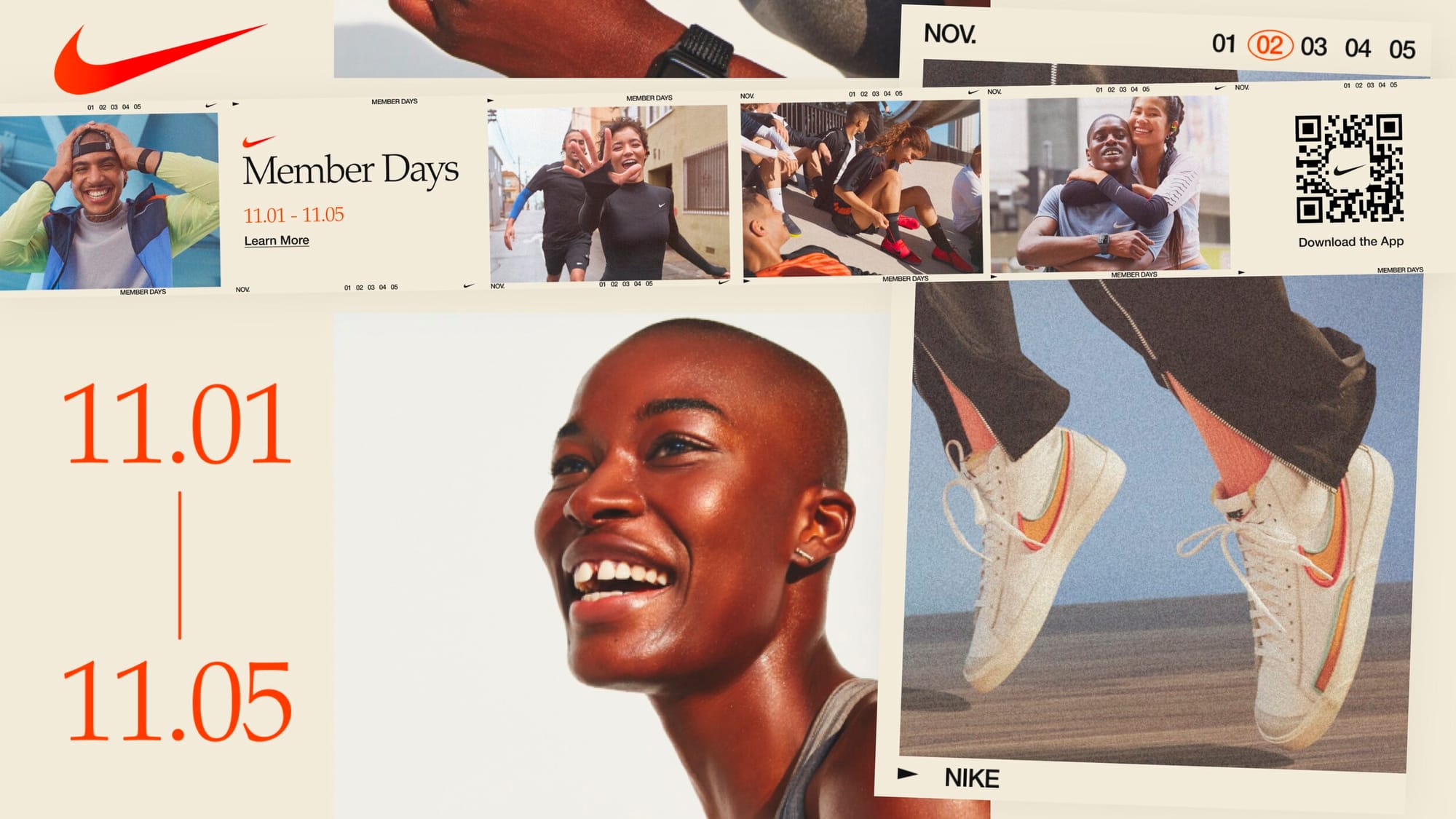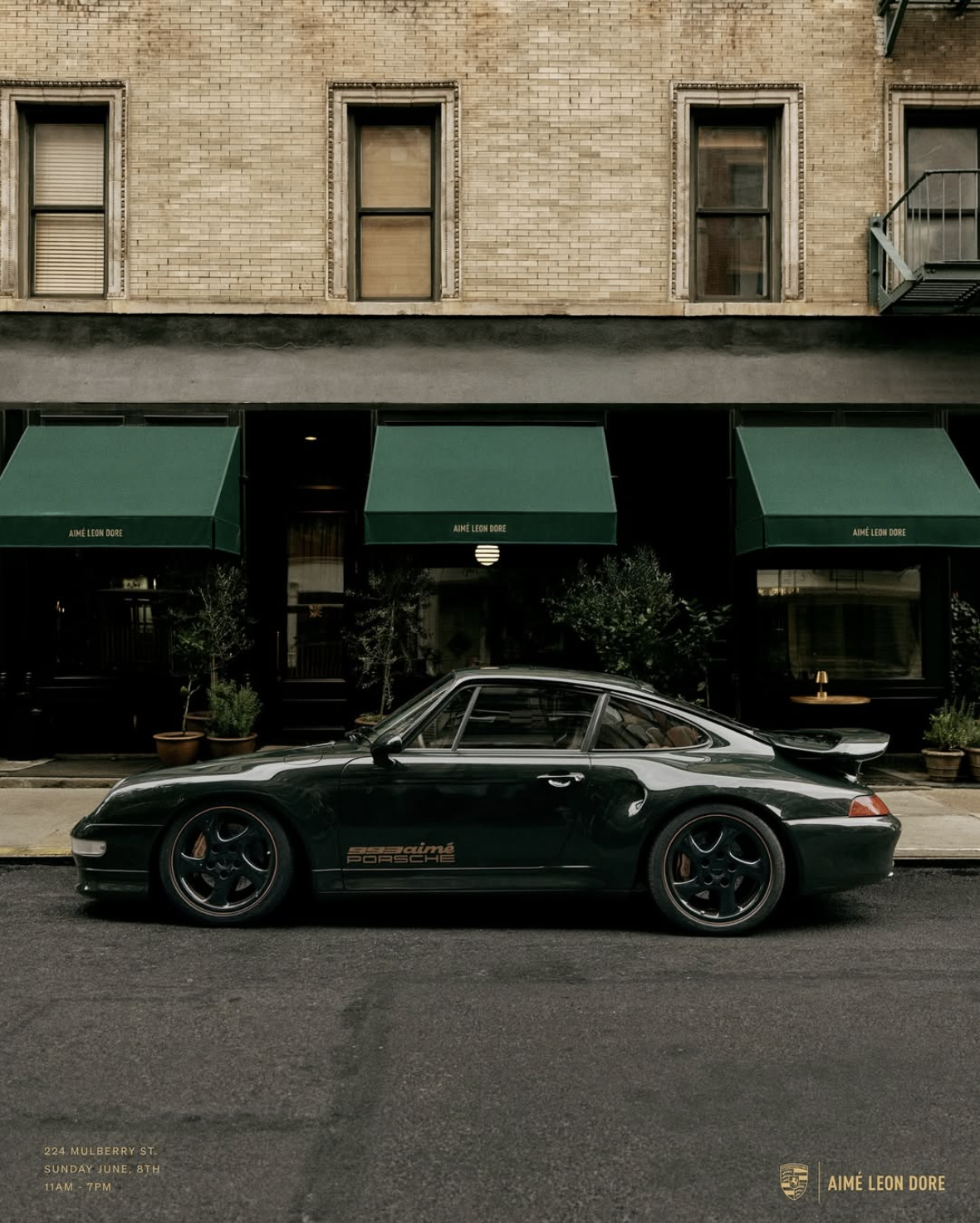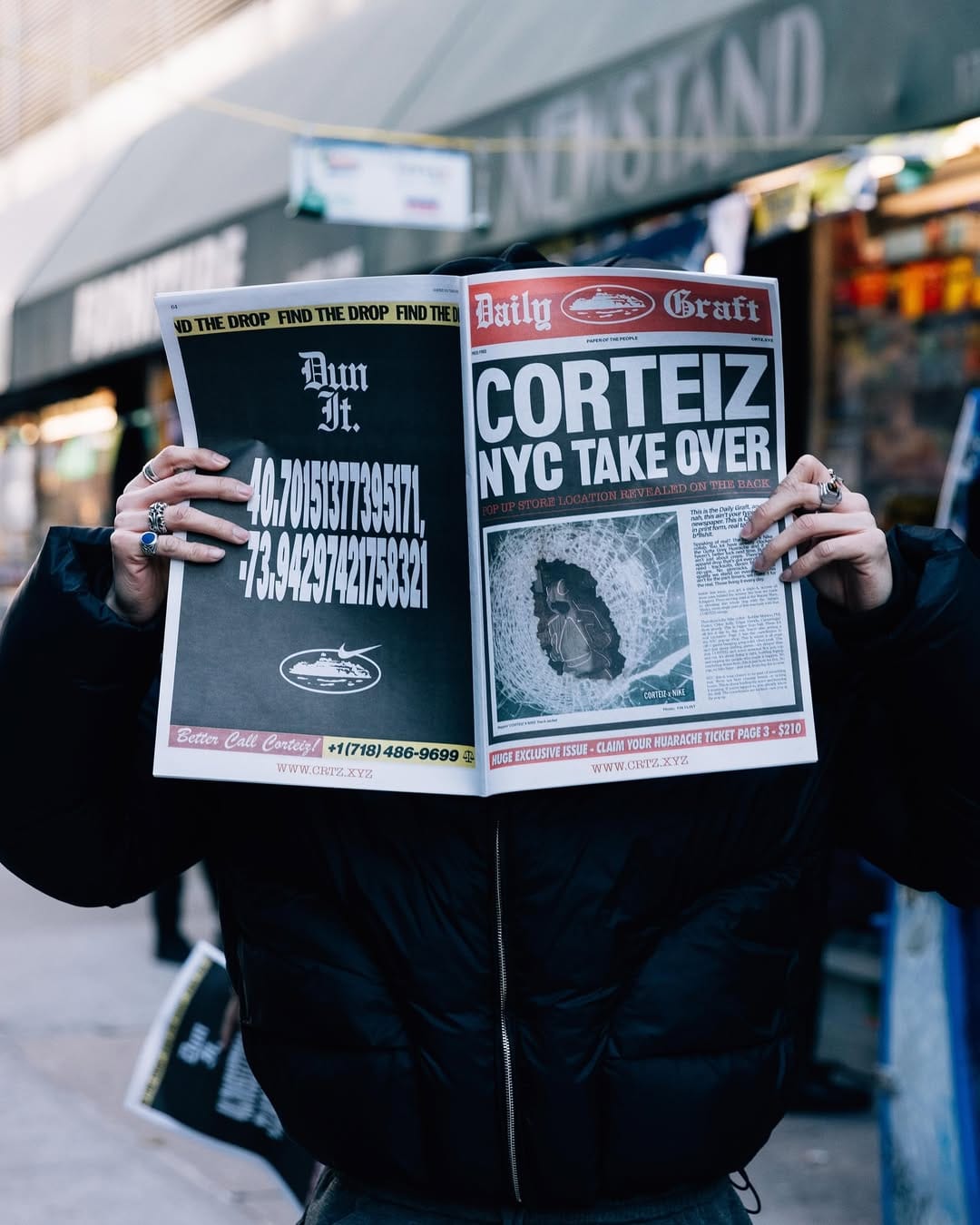Decadent Queuing
As consumers grow weary of artificial scarcity, brands are rethinking exclusivity – not with longer lines, but with deeper engagement.

Queuing is a signal of demand and a test of commitment. Those willing to wait are demonstrating how much they value the product. For brands, this has long had marketing utility. For consumers, queuing confers status, where owning the rarest item is as much about community as clothing.
And yet, as Gertruda Gilyte mentions in SEED CLUB:
“Standing in line… In an era when time is our biggest currency! From TikTok-fueled queues for hyped ice cream, fries, or other treat spots in Amsterdam (or any major city, really), to take the best spot in concert, to perhaps the most infamous line of all — Berghain (that one people have written theses on)."
If it doesn’t really make sense anymore, why do we still do it?
Economically, queuing is a rationing mechanism. When demand exceeds supply, the queue becomes the currency – time substitutes for money. This is especially potent in drop models pioneered by streetwear brands like Supreme and Palace, later adopted by giants such as Nike with its SNKRS app. In this model, scarcity is not a byproduct of limited production but the strategy itself. Artificial scarcity creates tension, urgency and virality.
Yet in recent years, cracks have emerged in the queue economy. For one, technology has transformed the physical queue into a digital one. Bots and backdoors have turned fairness into farce, while resellers scoop up limited stock to flip online at steep markups. The consumer who once stood for hours outside a boutique is now competing with algorithms. Many are frustrated – and fatigued.
More fundamentally, the psychology of scarcity may be wearing thin. Economic theory suggests that scarcity raises value, but only if the product remains desirable. When every brand attempts a “limited drop,” scarcity becomes commonplace – and therefore, paradoxically, less scarce. The novelty wears off. Brands risk diluting their appeal by over-relying on a tactic that, once disruptive, now feels formulaic.
A case in point is Adidas and Kanye West’s Yeezy line. Initially a masterclass in scarcity marketing, it lost momentum as drops became more frequent and resale values plummeted. Hype, it turns out, does not always scale well. Consumers aware of the mechanics of artificial scarcity may begin to question the intrinsic value of what they are queuing for – especially when quality or innovation falters.
Some brands are already adjusting course. Instead of fuelling hype with queues, they’re exploring loyalty-based access models. Nike’s “Member Days” and exclusive app offers reward engagement, not just availability at a certain time or place. Meanwhile, luxury houses like Hermès and Rolex never needed queues to convey exclusivity – they maintain scarcity through controlled distribution and craftsmanship, not marketing gimmicks. (Most of the time, anyway.)

Some contemporary brands are already charting a different path, investing in digital infrastructure that replaces queuing with loyalty and engagement. Brands like Glossier, Aimé Leon Dore and Corteiz have experimented with member-exclusive access, pop-up activations and narrative-driven releases. Instead of engineering scarcity, they focus on building long-term cultural capital through storytelling, collaborations and offline experiences that reward participation over pure consumerism. The queue, once a symbol of cachet, is being quietly retired by the brands with the most cultural capital – not because demand is fading, but because sophistication is rising.



Glossier Member Keyring; Aimé Leon Dore x Porsche; Corteiz NYC Activation
There is also a growing cultural shift. In an era increasingly attuned to sustainability and authenticity, queuing for transient goods can appear wasteful, even a bit lame. The backlash to fast fashion and overconsumption is making some consumers more skeptical of drops that seem engineered to exploit FOMO rather than offer value. The line outside the store may still draw social media likes – but fewer long-term brand advocates.
Even so, the queue is unlikely to disappear entirely. For certain demographics and niche communities, it remains a rite of passage and a bonding ritual. But its economic utility is declining. As supply chain transparency increases and consumer patience wanes, brands will need more than a line around the block to drive sales. Scarcity must be earned, not staged.
Ultimately, the future may lie in a more nuanced approach: blending controlled supply with genuine innovation, tapping into culture without resorting to spectacle. In that world, queuing is no longer a business model – it’s just a side effect. And perhaps a shorter one.
| SEED | #8325 |
|---|---|
| DATE | 10.06.25 |
| PLANTED BY | PROTEIN |
| CONTRIBUTOR | GERTRUDA GILYTE |


